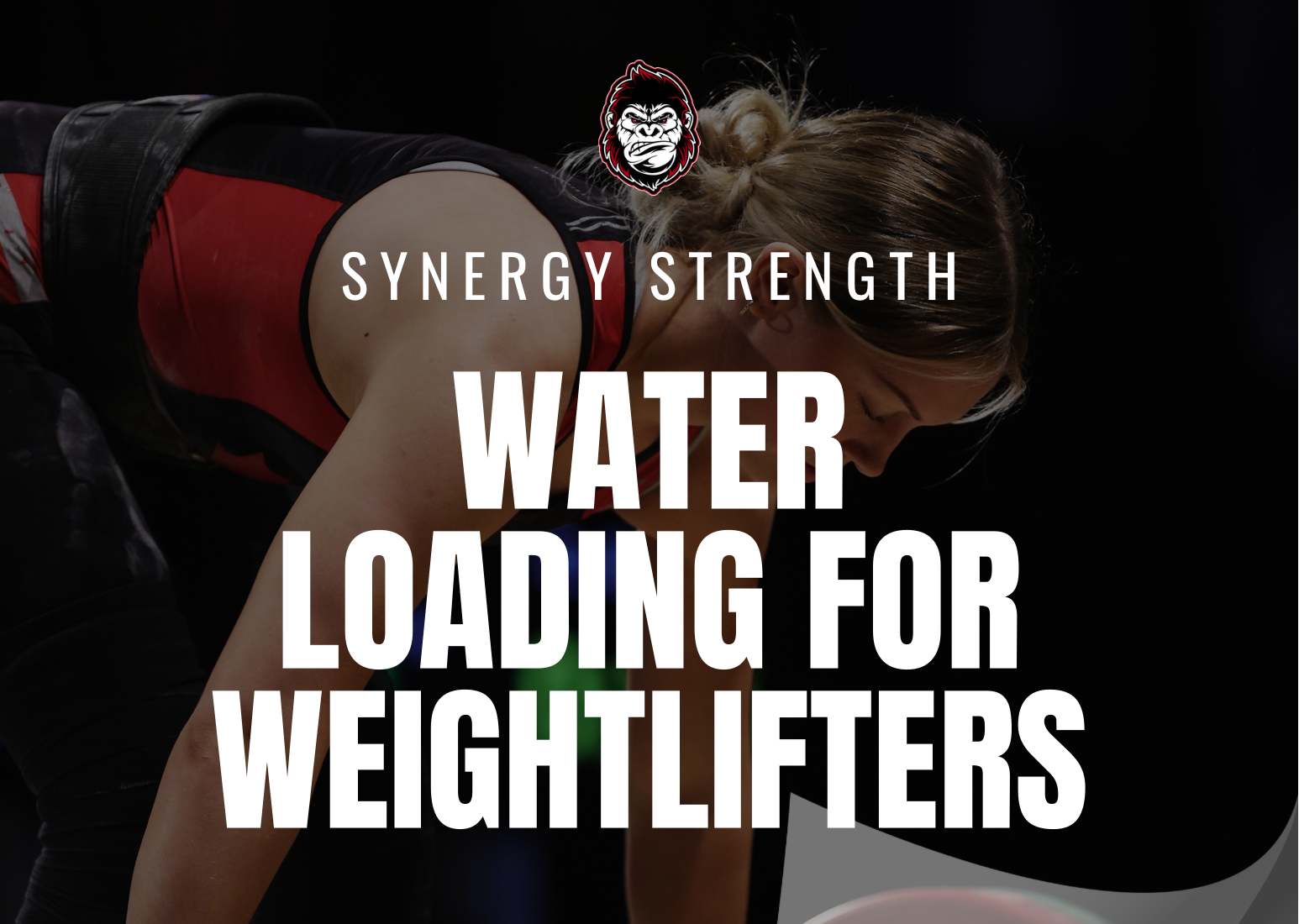
Water Loading For Weightlifters
The Complete Guide to Water Loading for the Weightlifitng Athlete


Max Effort Training Methods for Olympic Weightlifting
Max effort training is a method focused on developing absolute strength by lifting at or near maximal loads—typically 90-100% of an athlete's one-rep max (1RM). In my programming methods I do allow all loads above 85% to be classified as Maximal Effort, this is debatable, but to simplify our methods, this is an easier way to classify lift percentages. Dynamic effort work remains between 65-85% and maximal effort work is 85%+ of an athletes 1RM. The primary objective of maximal effort training is to improve the ability to generate maximal force and intra and intermuscular coordination, which is fundamental to successful performance in Olympic weightlifting, particularly in heavy lifts like the snatch and clean and jerk.

Dynamic Effort Training for Olympic Weightlifting
Dynamic effort training is designed to develop speed and explosive power by lifting submaximal weights—typically between 60-85% of an athlete's one-rep max—with maximal speed and acceleration. The key objective is to prioritize the velocity of the movement rather than the load, enhancing the athlete’s ability to generate force rapidly, which is a critical component of Olympic weightlifting performance.

Max Effort & Competition Weightlifting Warm-up Guide
A proper warm-up is essential for optimizing performance during max effort training. In this discussion, we will explore typical routines and practices designed to maximize outcomes in max effort and competition training for weightlifting.

Assessing Athlete Preparedness for Competition
The objective of this article is to propose a method for evaluating athlete preparedness for competition and to provide coaches with insights into the predicted maximal efforts an athlete can achieve based on maximum effort training and weightlifting ratios leading into a competition. The model discussed here is not novel; it is grounded in the work of Laputin and Oleshko, whose research from decades ago continues to inform our understanding.

The Power of Language: Why "Try" Has Been Banned at Synergy Strength
In the realm of athletic achievement and achievement, language holds a profound influence. Every word we choose carries weight, shaping our mindset and actions. At Synergy Strength, a recent decision has sparked both curiosity and contemplation: the banning of the word "try."

Why caffeine for better workout performance
For many people, a cup of coffee is an essential part of their morning routine. But did you know that caffeine can also enhance your workout performance?
Caffeine is a naturally occurring stimulant that is commonly found in coffee, tea, and chocolate. It works by blocking the action of adenosine, a neurotransmitter that promotes sleep and suppresses arousal. This results in increased alertness, focus, and energy, which can help you power through a tough workout.
